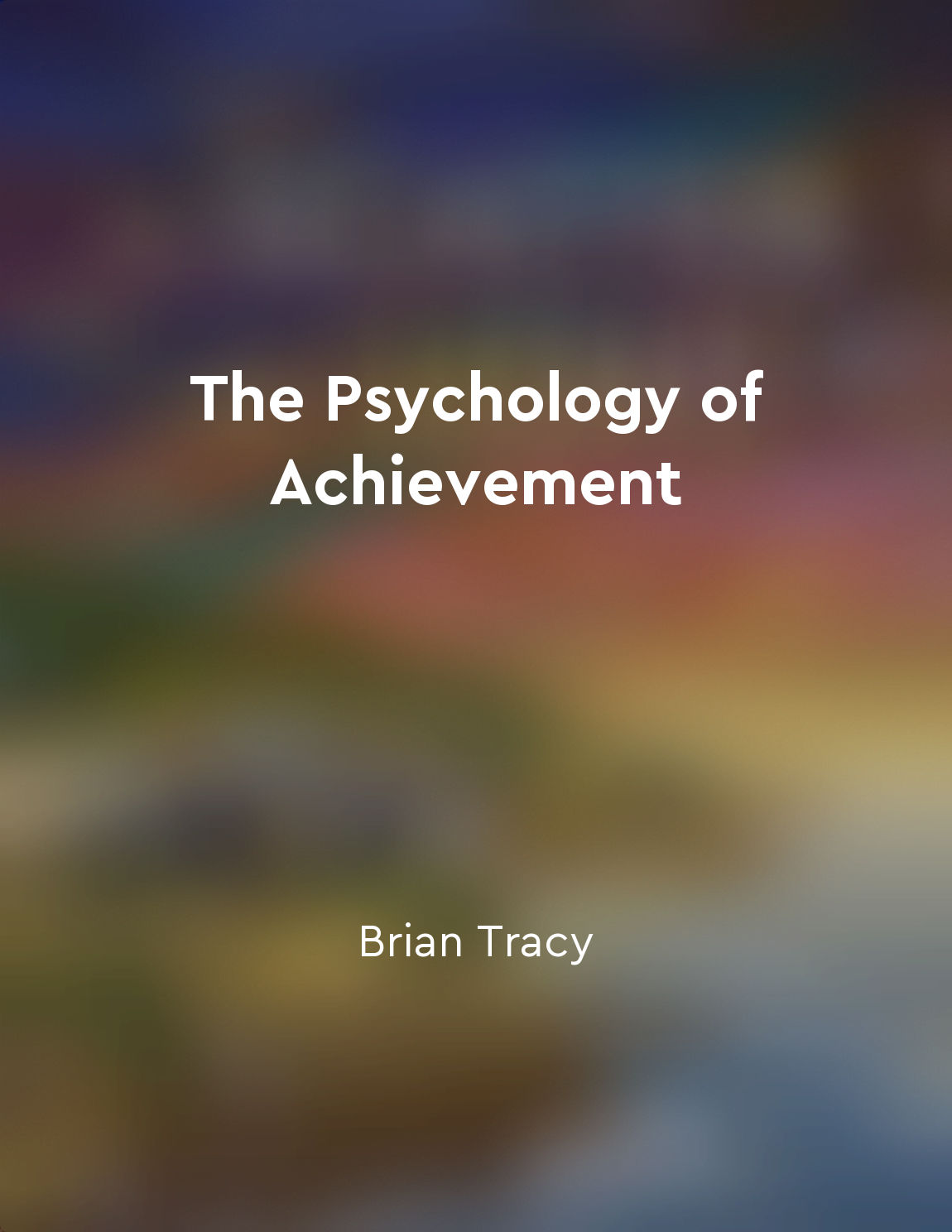Change is met with resistance from "summary" of The Dilbert Principle by Scott Adams
Whenever change rears its ugly head in the workplace, it is almost inevitable that resistance will follow closely behind. This phenomenon is as predictable as the sun rising in the east and setting in the west. People simply do not like change - it disrupts their comfort zone, throws them off balance, and makes them feel like they are losing control of their lives. One of the main reasons why change is met with resistance is fear. People fear the unknown, the uncertain, the unfamiliar. They fear that the change will bring about negative consequences, that it will make their jobs more difficult, or that it will render their skills obsolete. In essence, they fear losing what they have worked so hard to achieve. Another reason for resistance to change is rooted in human nature itself. People are creatures of habit - they like routine, predictability, and stability. Change disrupts all of these things, forcing people to adapt to new circumstances, learn new skills, and adjust their ways of thinking. This can be a daunting task for many, and it is often easier to simply resist change rather than embrace it. Furthermore, change is often imposed upon people without their consent or input. It is handed down from on high by management, without any consideration for how it will affect the employees who must implement it. This top-down approach can breed resentment and resistance, as employees feel like they are being forced to change against their will.- Change is a fact of life in the workplace, but it is also a source of great discomfort and resistance for many. By understanding the reasons behind this resistance - fear, habit, and imposition - managers can better navigate the treacherous waters of change and help their employees embrace it rather than resist it.
Similar Posts
Practice deep breathing exercises for emotional balance
Deep breathing exercises are an essential tool for achieving emotional balance. When we are experiencing intense emotions, our ...
Find joy in the journey, not just the destination
The idea of finding joy in the journey, not just the destination, is a common theme in personal development literature. It remi...
Learn to let go of perfectionism
Perfectionism is a common mindset that many people struggle with in today's society. It is the belief that everything must be f...
Keep an open mind
The idea of keeping an open mind is essential in the pursuit of wisdom. To keep an open mind means to be receptive to new ideas...
Stay humble and receptive to feedback
To be a successful leader, it is crucial to maintain a humble attitude and be open to receiving feedback from others. This mean...

Celebrate your successes
When you achieve something significant, it is crucial to take the time to acknowledge and celebrate that success. By celebratin...
Creating a fulfilling life
Creating a fulfilling life is about more than just going through the motions of daily existence. It is about living with intent...
Practice selfcompassion
Self-compassion is the practice of treating yourself with kindness, understanding, and patience. It involves being gentle and s...
Stay accountable
In the journey of personal development, it is crucial to hold oneself accountable for one's actions and decisions. This involve...
Acknowledge your own flaws and work on selfimprovement
It is important to reflect on our own imperfections and strive for self-improvement. By acknowledging our flaws, we can take th...

